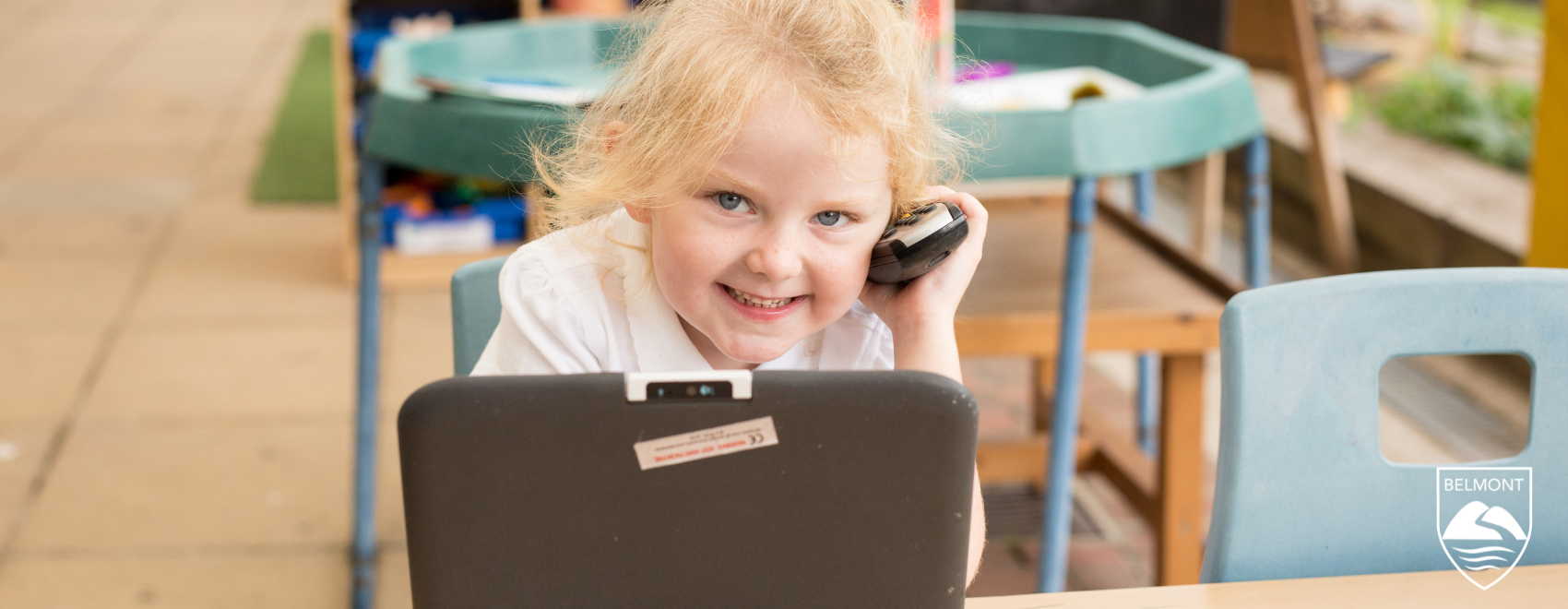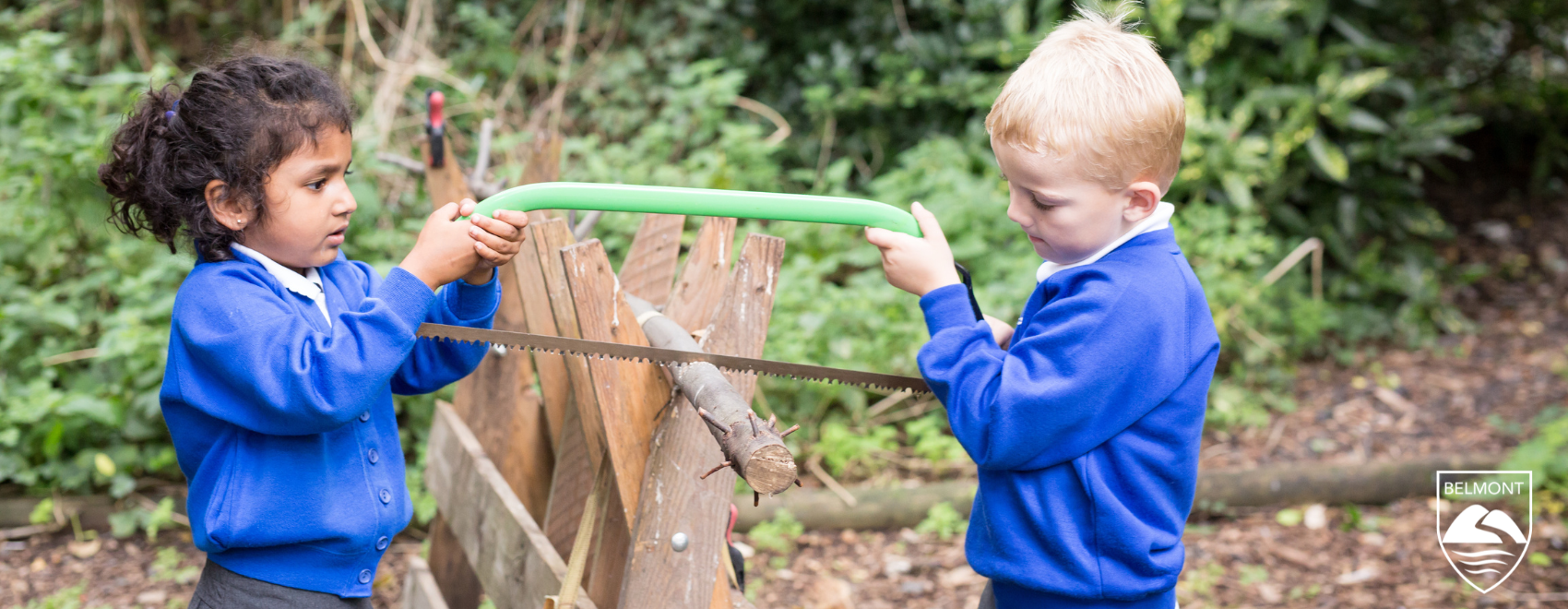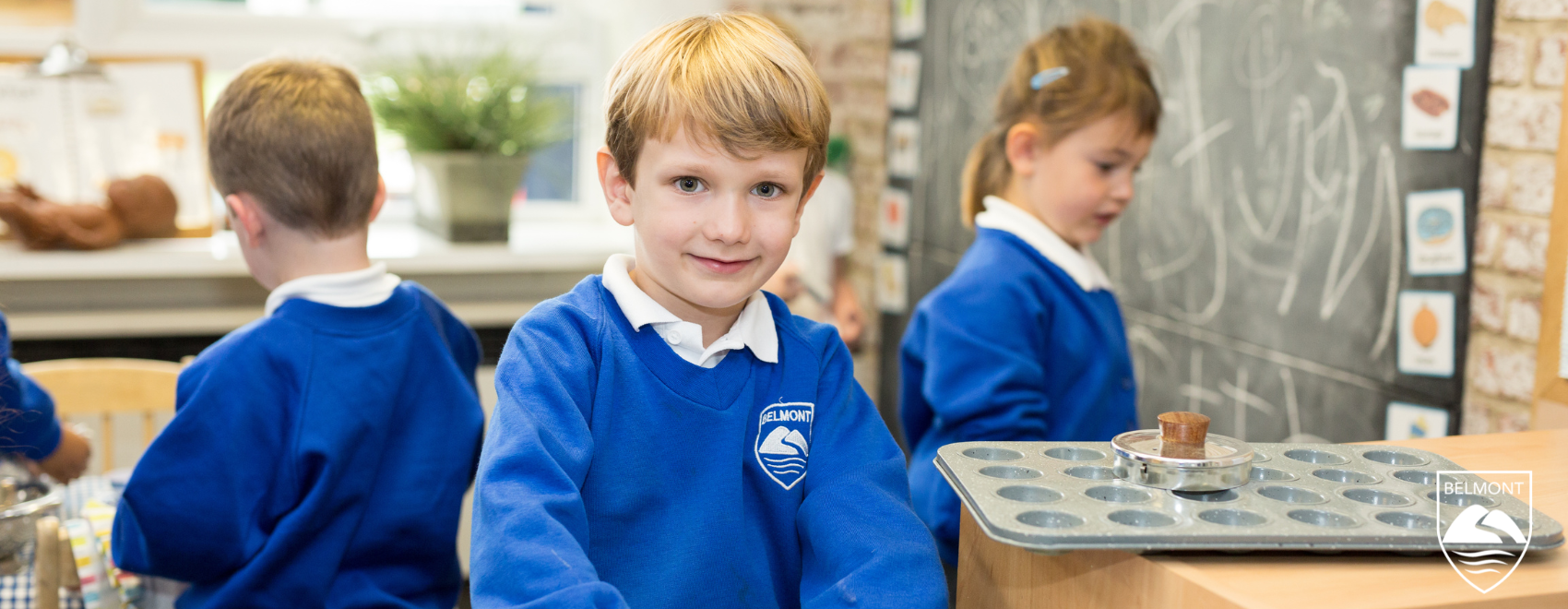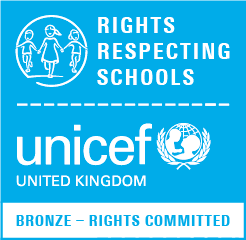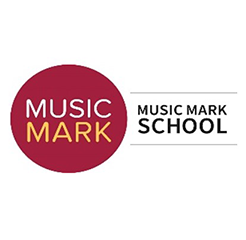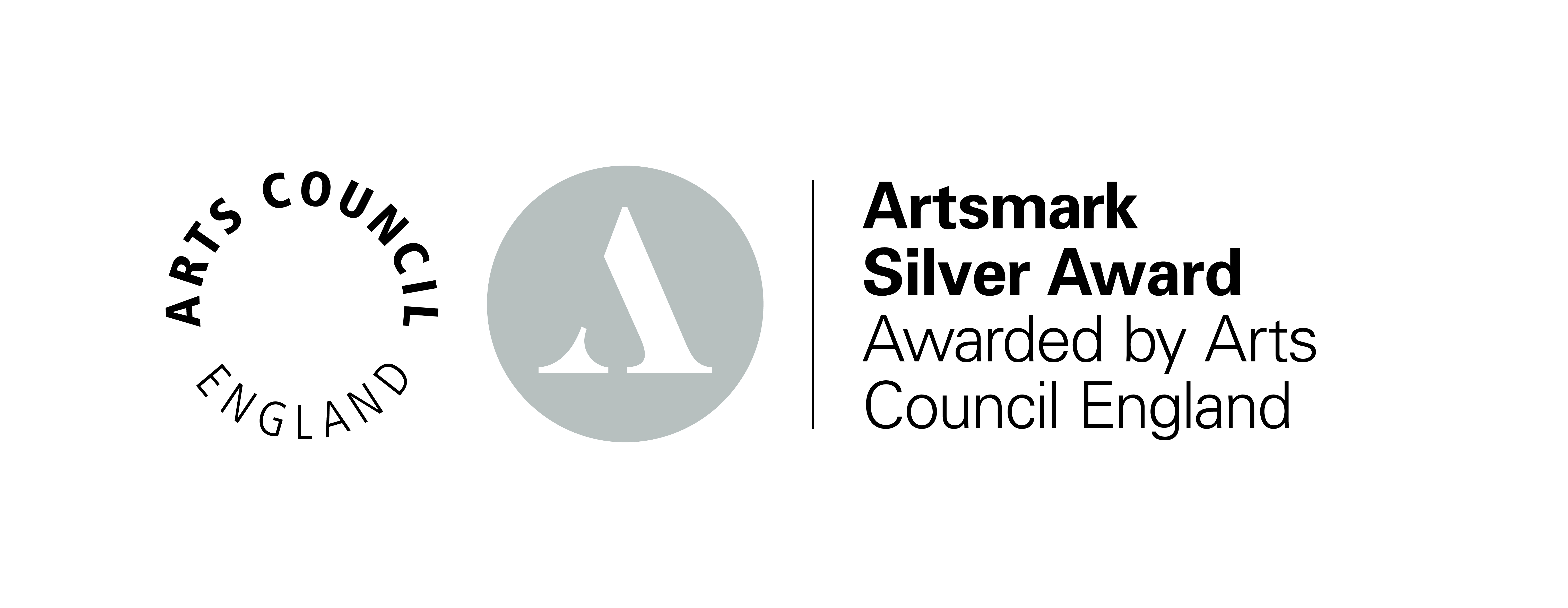RE at Belmont
Intent
Religious Education (RE) at Belmont should inspire pupils beyond the academic by promoting curiosity and fascination about meaning and purpose in life. We develop resilience by posing challenging questions about beliefs about God, ultimate reality, issues of right and wrong and what it means to show human kindness. In RE, pupils learn about and develop respect for religions and worldviews in local, national and global contexts, to discover, explore and consider different answers to these questions. At Belmont, we develop a systematic knowledge and understanding of a range of religions and worldviews, enabling pupils to develop their own ideas, values and identities, whilst celebrating and respecting their own views and beliefs as well as those of others.
Implementation
- Follow the programme of study as specified by SACRE, Bexley using Bexley’s Agreed Syllabus.
- Develop understanding and respect for a range of religions and faiths including Hinduism, Judiasm, Chistianity, Islam and Sikhism.
- Consider questions of morality in relation to non-religious denominations such as atheism and humanism and agnosticism.
- Revisit and build upon prior learning through the use of a spiralling curriculum; key concepts are revisited and reviewed to ensure pupils remember and subject knowledge is richly understood.
- Discuss and debate issues relating to moral and ethical subject matter.
- Be encouraged to respond creatively during RE sessions to develop their spiritual, moral, social and cultural development.
- Visit places of religious interest; visitors are welcomed from different faiths sourced from parents and other stakeholders to talk about their faith in practice.
- Utilise pupil voice by sharing own experiences and practises within their own faiths.
Impact
The intended impact of the RE curriculum is that:
- Pupils will have a broad and balanced knowledge of a range of religions, including non-faith beliefs such as Humanism.
- Learners will be well-prepared for life in diverse Britain by understanding a range of faiths and considering what it means to belong.
- Pupils will develop respect for the faith views and opinions of others, as well as having a clear understanding of their own
- Children will have a good understanding of their own opinions and beliefs and be able to communicate these in a clear, confident and articulate way.
- Pupils become reflective individuals with moral values instilled.
- Pupils enhance and extend their cultural capital by making links between culture, religion, plurality (including film, literature, sport, food, fashion, dance) through exploiting cross-curricular links to English, history, geography and art.

